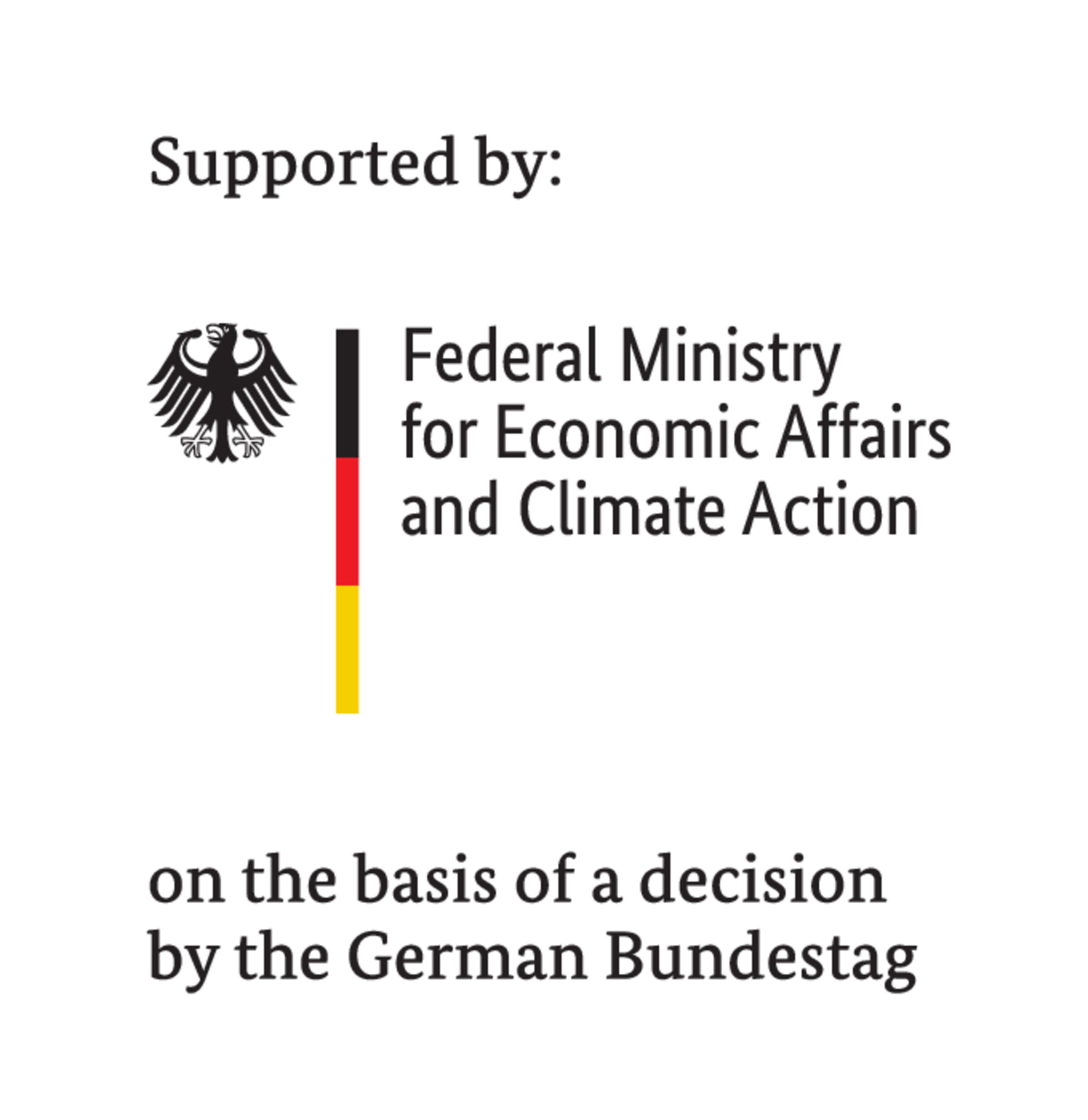Level Up the Vocational Education Quality Through the German Standard
Fri, 25 Feb 2022
The German dual education system curriculum combines vocational training and industrial apprenticeships with 60% of on job practice and 40% theoretical learning. Meanwhile, vocational schools in Indonesia generally only require an apprenticeship or on job practice for a semester while the rest of the semesters are spent studying theories or in practical classes at the school. Applying a larger proportion of apprenticeships or on job practices can potentially make a big difference in terms of the quality, character and work experience of students.
The learning process in the dual system is adjusted to the education plan set out in the curriculum made by the industry and schools under the supervision of the German Chambers of Commerce. This means that students will study in two places: at the school and in companies that match the competencies they are interested in. In addition, to ensure a sustainable quality of student learning, there is a regular monitoring program by the school, committee, and industry for evaluation and improvement if there are problems and inefficiencies in the learning and training process.
The competency and standards of graduates are proven quantitatively and qualitatively through competency examinations, which result in official competency certificates and through formative examinations regulated by schools and industries. To ensure that all students are qualified, a teacher or trainer committee is formed as a follow-up committee based on the results of student examinations.
Teachers are required to take national training and certification first so that their way of teaching is in line with the curriculum, standards, and industry needs. Many teachers also come from industrial backgrounds. Thus, even when studying in class, students will get obtain a way of thinking that is suitable to an industrial employee.
The dual standard program pays close attention to the need for facilities, tools and infrastructure to support convenience, comfort, and completeness of learning and training. All of these facilities and infrastructures are adjusted to the curriculum, student conditions, and industry and are regularly monitored to ensure that their conditions are properly maintained. Furthermore, the health, security, environment, and humanitarian issues such as gender are also point of great concern for the providing and use of facilities and infrastructure.
All these aspects are not be missed in the process of implementing dual education in Germany. Learning from Germany and following in its footsteps in the world of education is a big step in advancing vocational schools and vocational education in Indonesia.
"Education Indonesia" is a brand of German-Indonesian Chamber of Industry and Commerce (EKONID)


